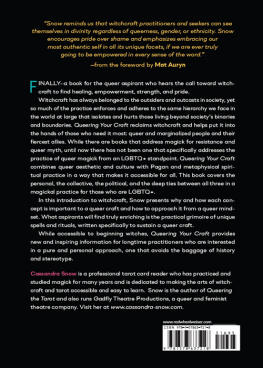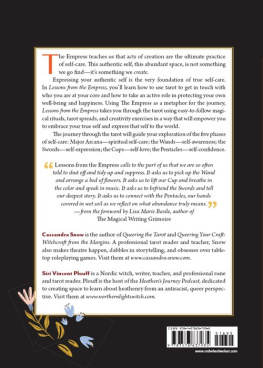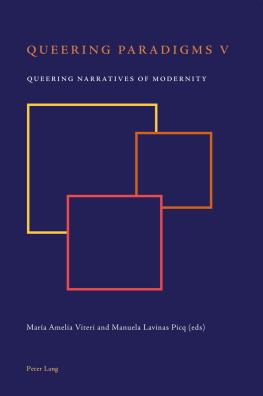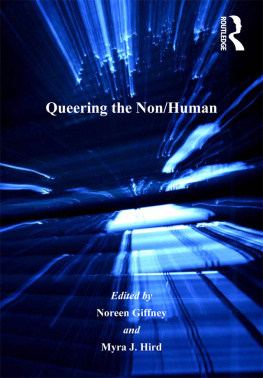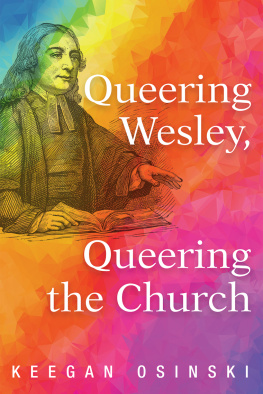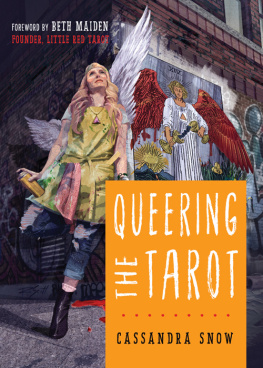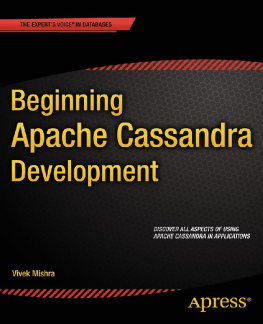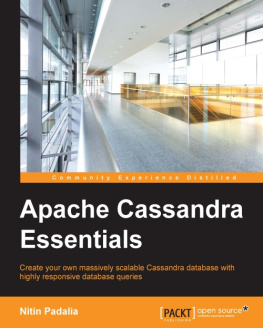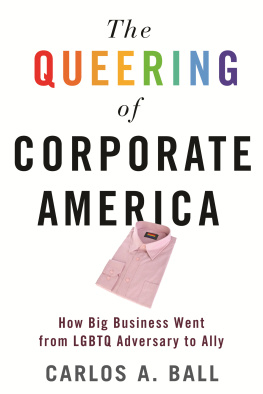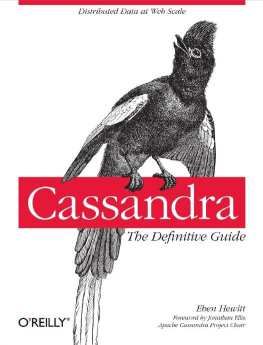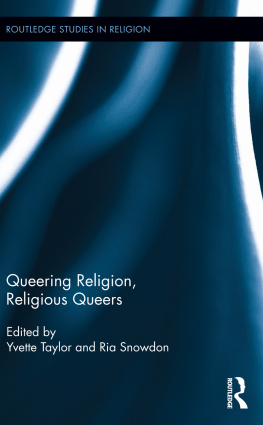Cassandra Snow - Queering Your Craft
Here you can read online Cassandra Snow - Queering Your Craft full text of the book (entire story) in english for free. Download pdf and epub, get meaning, cover and reviews about this ebook. publisher: Red Wheel Weiser, genre: Religion. Description of the work, (preface) as well as reviews are available. Best literature library LitArk.com created for fans of good reading and offers a wide selection of genres:
Romance novel
Science fiction
Adventure
Detective
Science
History
Home and family
Prose
Art
Politics
Computer
Non-fiction
Religion
Business
Children
Humor
Choose a favorite category and find really read worthwhile books. Enjoy immersion in the world of imagination, feel the emotions of the characters or learn something new for yourself, make an fascinating discovery.
- Book:Queering Your Craft
- Author:
- Publisher:Red Wheel Weiser
- Genre:
- Rating:5 / 5
- Favourites:Add to favourites
- Your mark:
- 100
- 1
- 2
- 3
- 4
- 5
Queering Your Craft: summary, description and annotation
We offer to read an annotation, description, summary or preface (depends on what the author of the book "Queering Your Craft" wrote himself). If you haven't found the necessary information about the book — write in the comments, we will try to find it.
Queering Your Craft — read online for free the complete book (whole text) full work
Below is the text of the book, divided by pages. System saving the place of the last page read, allows you to conveniently read the book "Queering Your Craft" online for free, without having to search again every time where you left off. Put a bookmark, and you can go to the page where you finished reading at any time.
Font size:
Interval:
Bookmark:
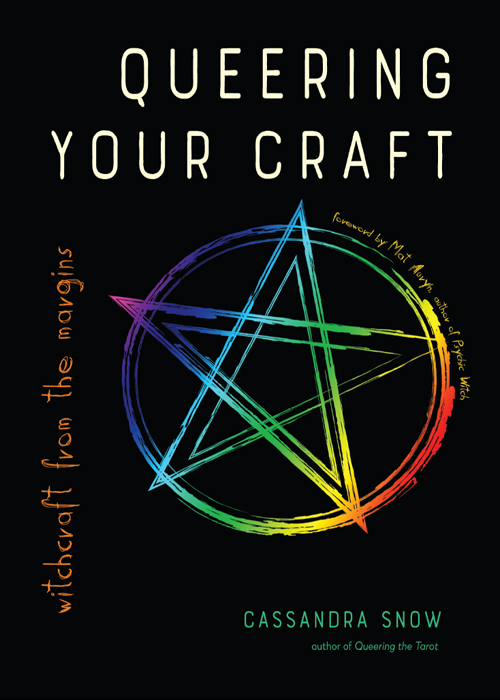
YOUR CRAFT

This edition first published in 2020 by Weiser Books, an imprint of
Red Wheel/Weiser, LLC
With offices at:
65 Parker Street, Suite 7
Newburyport, MA 01950
www.redwheelweiser.com
Copyright 2020 by Cassandra Snow
Foreword copyright 2020 by Mat Auryn
All rights reserved. No part of this publication may be reproduced or transmitted in any form
or by any means, electronic or mechanical, including photocopying, recording, or by any
information storage and retrieval system, without permission in writing
from Red Wheel/Weiser, LLC. Reviewers may quote brief passages.
ISBN: 978-1-57863-721-8
Library of Congress Cataloging-in-Publication Data available upon request.
Cover and interior design by Kathryn Sky-Peck
Typeset in Soin Sans Neue
Printed in Canada
MAR
10 9 8 7 6 5 4 3 2 1
www.redwheelweiser.com/newsletter
This book is dedicated with so much love to my godchild.
I hope you never have to question or wonder
or worry about whether you are loved,
supported, or capable of great magick.
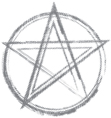
THIS BOOK CONTAINS ADVICE and information for dealing with physical and emotional concerns, and is not meant to diagnose, treat, or prescribe. It should be used to supplement, not replace, the advice of your physician or other trained healthcare practitioner. If you know or suspect you have a medical condition, are experiencing physical symptoms, or if you feel unwell, seek your physician's advice before embarking on any medical program or treatment. Readers using the information in this book do so entirely at their own risk, and the author and publisher accept no liability if adverse effects are caused.
W itchcraft, like queerness, is an orientation of otherness. Witches seek their own connection to the spirit world, divinity, and do not require an outside authority to intercede on behalf of the divine for them. Andrew Chumbley referred to witchcraft as the lonely road in the context of a spiritual path. This means it's highly individual and looks different for each witch. It implies that this path isn't the well-trodden path of major religious institutions that most seekers of the great spiritual questions travel. It suggests that our solitary path is going to look completely different from witch to witch, regardless of whether that witch is practicing the same tradition of witchcraft as another or working within the context of a coven or group. In this sense, the witch is the other, an outsider to orthodox and mainstream religious ideology. Both queerness and witchery lay on the outskirts of patriarchal religious norms.
Both the witch and the queer have a long history of persecution and discrimination. Using the word witch for oneself is a potent act of reclamation and empowerment, very much in a similar manner to which we reclaim the word queer. Historically, if we wanted to find a witch, we would find one at the end of a pointed finger. In other words, witchcraft was originally an accusation based on bigotry and, in most cases, a false one. Those who were accused of witchcraft were victimsof all gendersof the clenching fist of a patriarchal system where the boundaries between Church and State were blurry at best; if they were even there at all.
Most often they were cis-women who were victims of misogyny. As such, witchcraft today is inherently feminist. Often the woman was accused of having too much power, wealth, or land that was deemed only appropriate for a man to posess within society. For this reason, the logic of the time dictated that such power was unnatural in the hierarchy of the divine plan and must have come about by unholy means. Perhaps the woman was too attractive and incited lust within the men. Perhaps the woman was too unattractive and evoked repulsion within the men. Either way, the common denominator of most of the women tortured and killed was misogyny fueled by religious fervor. Likewise, there's an intersection between words and expressions related to witchcraft and queerness that most people don't realize. One of the theories behind the origin of the terms faggot and flaming faggot as a derogatory slur, which is argued back and forth by academics, is that during the Inquisitions, the inquisitors would tie homosexuals and nongender-conforming individuals to the wood at the feet of the witches and heretics that they burned to death. This explains why a word for a bundle of sticks has been used as a slur against queer men today. There are also theories that the use of the word fairy as a slur for queer men is because the fae folk were known for their lack of sexual inhibitions as well as their disregard for gender in their intercourse.
Ancient Pagan faiths were full of gay, lesbian, pansexual, intersex, transgender, gender-fluid, and gender-nonconforming deities. These ancient religions also included these queer individuals within their priesthood, sometimes exclusivelysomething we also see in indigenous faiths and cultures around the world, particularly before colonization. The idea that the divine is a singular old white cis-het dude in the clouds is a fairly modern idea in the scope of the history of religion upon our planet. The witch remembers this, realizing divinity has expressions and archetypes that are as diverse as nature itselfor at least the witch should be mindful of this, if they have forgotten.
Despite this, modern witchcraft with a focus on reviving ancient pagan practices has not always been welcoming to the noncis-het seeker. The imagery of much of early modern witchcraft is extremely fixated on gender binary with an emphasis on fertility and reproduction. Some of the older traditions straight up refused to initiate homosexuals or allow them in their covens or traditions. It didn't even occur to me that you could have a queer witchcraft until I was working in a metaphysical shop part-time during high school, where I happened across the book Gay Witchcraft: Empowering the Tribe by Christopher Penczak. The book changed my whole perspective on what it meant to be a witch who was also queer. The book showed me that the two are not incompatible and that Paganism and Occultism have a rich history of queerness that is often erased or ignored. Years later, I learned that some of the best-selling authors of witchcraft books were also secretly queer and quietly died before having the chance to come out of the closet publicly. I also learned about the hidden queer lifestyles some of the founders of the largest traditions of witchcraft had on the side, the same traditions that rejected queer seekers. I was asked on a radio program why I think there's such a rise of queer witchcraft authors today. My answer is that we have always been here, we're just more visible now, and this visibility is more important now than ever.
I feel that Cassandra Snow's Queering Your Craft: Witchcraft from the Margins will do for many others what Penczak's book did for me at that time. Through the pages of this book, Snow urges us to embrace that we are holy and powerful just the way we are, to see all consensual sexuality and gender expression as sacred, as opposed to an act of original sin that we need to cleanse ourselves of or atone for. Queer people have been told by religious institutions that they should be ashamed of who they are and who they love and, in the worst cases, that the divine hates them. They are scolded for being sinful and unholy and often condemned, shunned, or, in extreme situations, abused, Snow encourages you to see the core of who you are as sacred and that your connection to the art of witchery can reflect that. Snow reminds us that witchcraft practitioners and seekers can see themselves in divinity regardless of queerness, gender, or ethnicity. Snow encourages pride over shame and emphasizes embracing our most authentic self in all its unique facets, if we are ever truly going to be empowered in every sense of the word. The empowered witch is sovereign in their self-ownership and autonomy of their bodies, sexuality, and expressions thereof as a sacred right of free will and holds the same to be true for every other individual.
Next pageFont size:
Interval:
Bookmark:
Similar books «Queering Your Craft»
Look at similar books to Queering Your Craft. We have selected literature similar in name and meaning in the hope of providing readers with more options to find new, interesting, not yet read works.
Discussion, reviews of the book Queering Your Craft and just readers' own opinions. Leave your comments, write what you think about the work, its meaning or the main characters. Specify what exactly you liked and what you didn't like, and why you think so.

